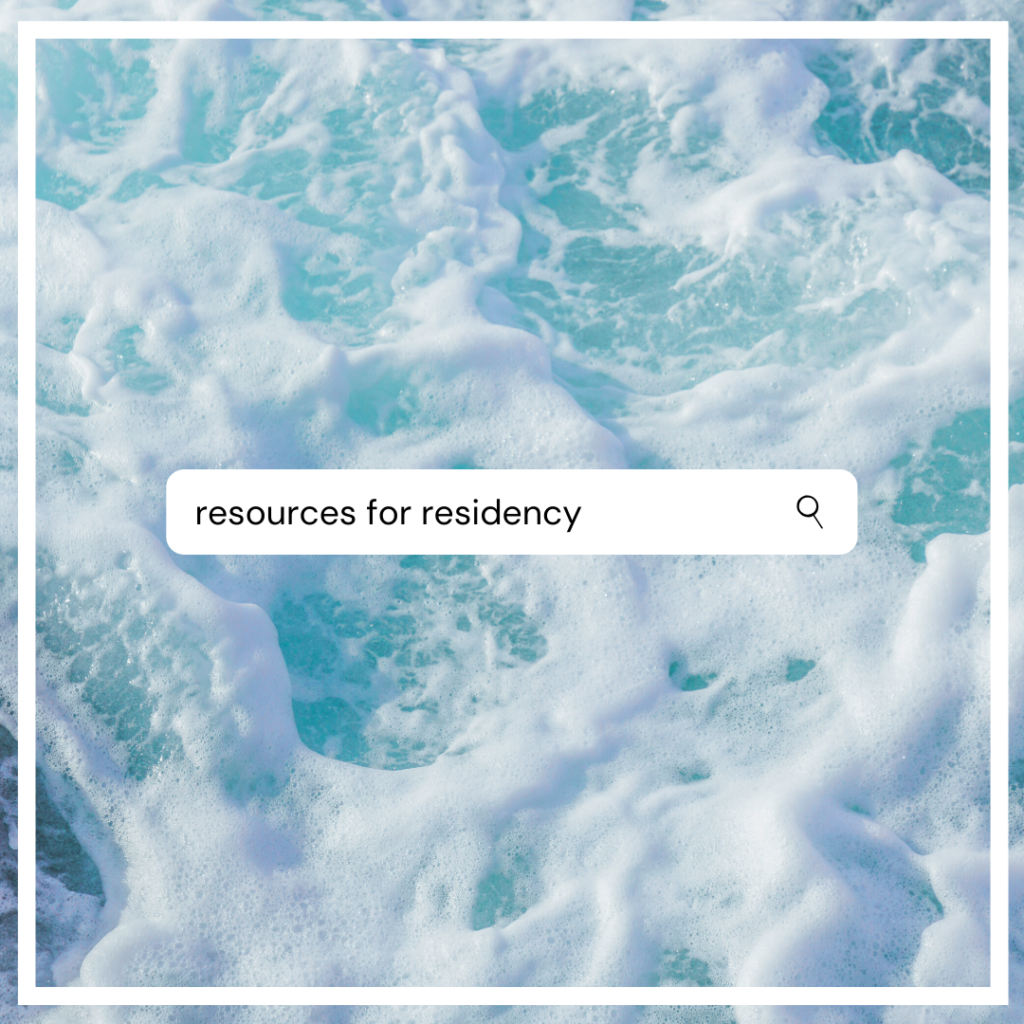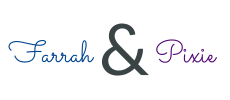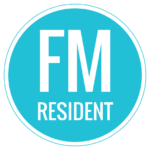Pro Tip: Prior to starting residency do not buy anything. First, you’re likely to be living on credit cards until a paycheck arrives. Second, you don’t know what your residency, senior residents or faculty plan to provide for you until you get there.

After you’ve started residency consider these lists:
- Apps To Buy – Yes, as a real physician with a regular paycheck you will have to consider buying expensive apps. Welcome to residency.
- Books to Consider – Quick and not-so-quick references.
FM Focused References
- The AAFP journal, American Family Physician, published every two weeks, with articles of a reasonable length. Easy to read a little every night, and it’s amazing what you’ll learn. Also allows for spaced repetition when paired with the podcasts.
- UpToDate or Dynamed, whichever your institution pays for (don’t buy it yourself)
- AAFP’s free board review questions – requires login, but free questions are nice.
- USPSTF. I Google guideline i want + uspstf most of the time (ie: cervical cancer screen uspstf), but you can actually search their website directly
Podcasts
- The AFP Podcast is free, and is summaries of AAFP Journal.
- Primary Care RAP (Reviews and Perspectives) is not, but is totally worth the discounted fee they charge residents, and may be covered by your programs CME funds, if you get any. I love the “bite size” topics each month.
- Although I’ve never finished an episode, you can also enjoy The Curbsiders for free, which is created by our cousins in IM.
- For your mental joy, consider these free options that are not educational in the #MedEd sense:
- The Nocturnists, which is narrative medicine in podcast form;
- This Podcast Will Kill You (with Erin and Erin) who were telling you to wash your hands before COVID19
- Ologies by Alie Ward, which is delightful exploration of science and knowledge, for your mind and spirit. The one on bears? MAGICAL AND SCARY.
TEACH cards
This resource gives you info on excellent primary sources and helps you learn how – and what questions to ask – on inpatient or maternal-child health service as you learn. There are 50 inpatient cards, 43 OB/L&D cards and 12 Newborn cards. “TEACH Cards (Teaching Evidence-based medicine And Clinical topics in the Hospital) is an inpatient educational tool created at the University of Wisconsin-Madison Family Medicine Residency Program… to enhance core clinical knowledge and to improve patient-centered evidence-based medicine skills.”
Other Specialty References
- Pediatrics? American Academy of Pediatrics – Access dependent on your residency. But they have brief 1-2 page articles on pediatric specific concerns that are wonderful for interns (used to be called Peds in Review) and they have a free podcast, Pediatrics On Call. I used to also enjoy PedsCases podcast, too.
- Emergency Med – Academic Life in Emergency Medicine is the “new” site with tricks of the trade, but the best basic info is from the EM Basic Podcast and website, while Life in the Fast Lane has a great EKG and info library.
- OBGYN – American College of OBGYNS – the ACOG clinical page may be accessible depending on your institution. FM and OB don’t always agree, but we often do, and you can find helpful practice bulletins.
- All Walks of Life? MPOA, Advance Directives and End of Life planning? https://prepareforyourcare.org/welcome has state-specific guides for patients (https://prepareforyourcare.org/en/advance-directive)

Last updated: May 24th 2023
